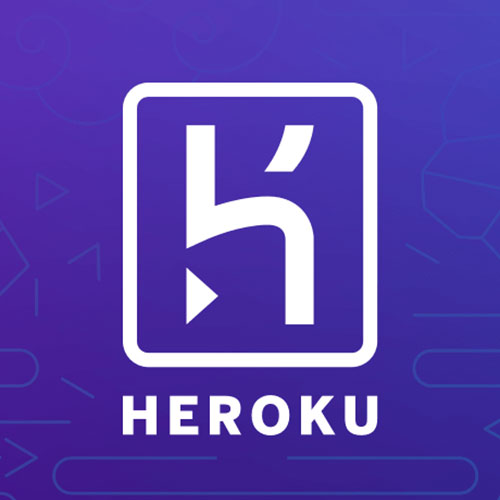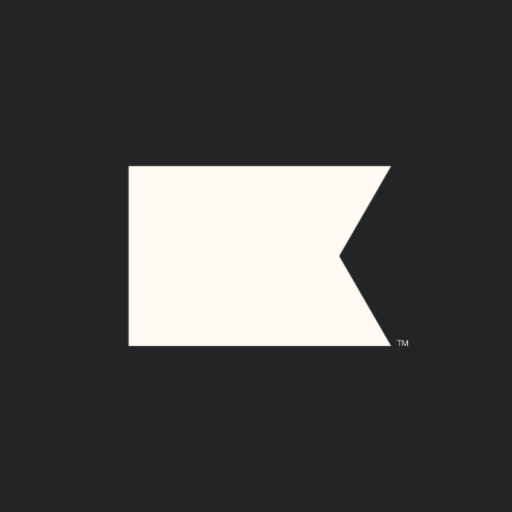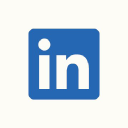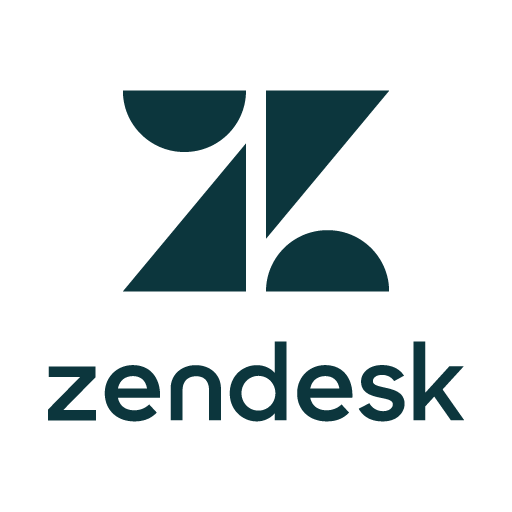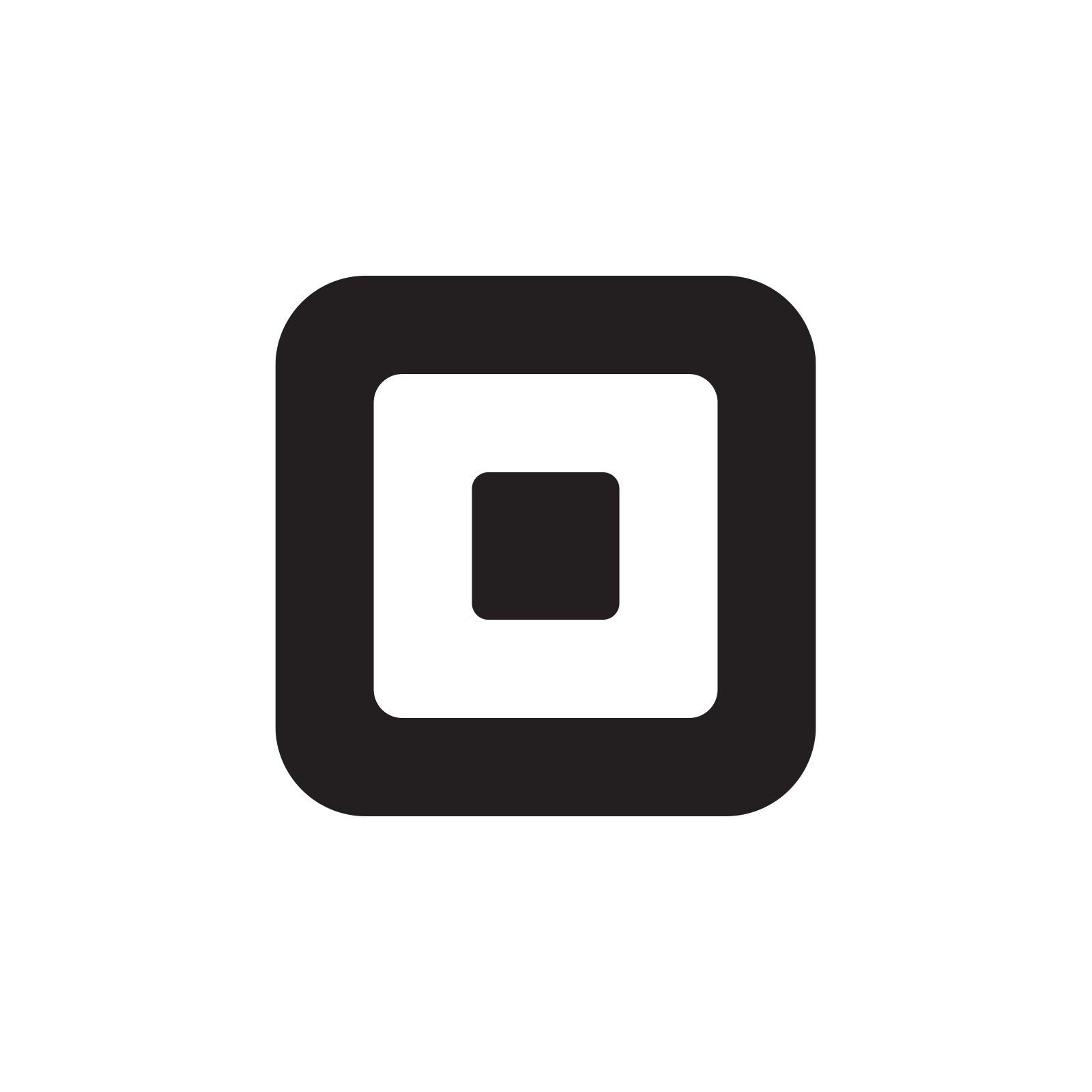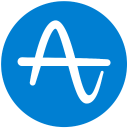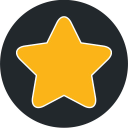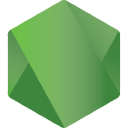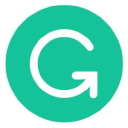I Quit My Job At Uber And Built A $40K/Month Platform For Consultants
Hello! Who are you and what business did you start?
Hi! I’m Bradley Jacobs and I founded Mylance: an end-to-end software platform for self-employed individuals and budding independent consultants to live a flexible, fulfilling work-life. We have a vetting community, resources to legitimize your business, and a lead-generation tool to help you grow your business.
We work predominantly with experienced tech professionals: folks who have at least 5-10 years of experience at major tech companies or start-ups, and they’re ready to go out on their own as consultants.
Today at Mylance we have 3 main value-adds:
- Actionable guides to help you launch and grow your consulting business
- A vetted community where our customer's network and get their questions answered
- Lead generation software that helps you build your BD pipeline and automate sales for your business
We’ve grown the business to ~$40k / month in revenue by the end of 2022.


